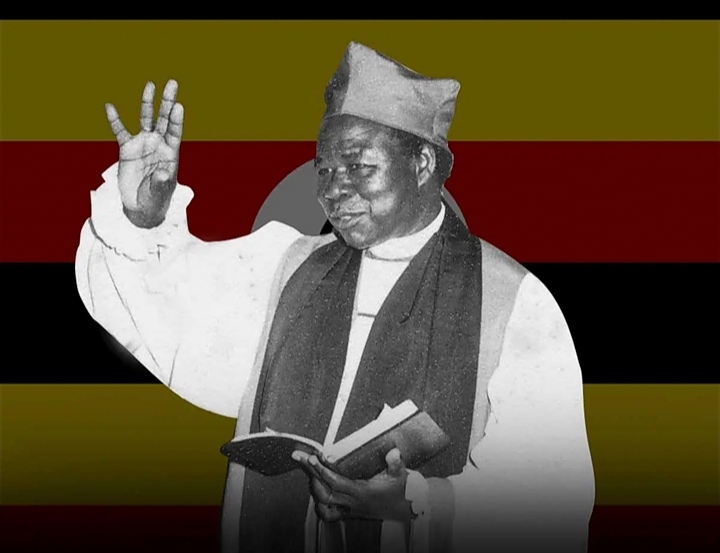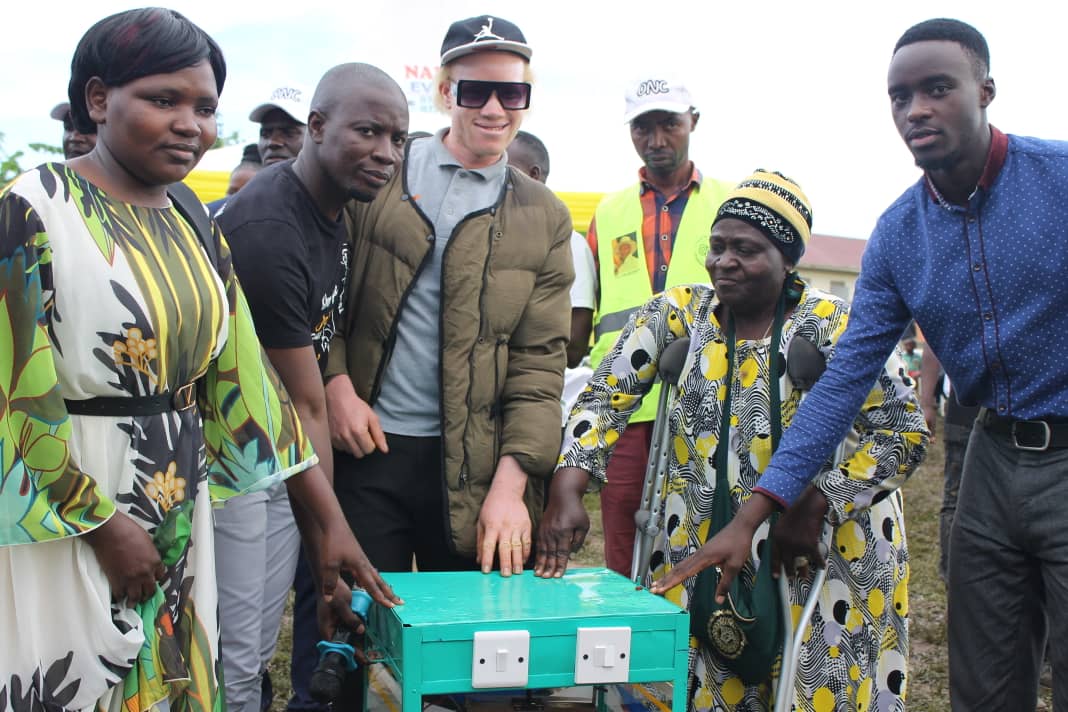In the heart of Uganda, amidst the sprawling landscapes and vibrant communities, a child was born who would grow up to become a symbol of unwavering courage and unyielding faith. Janani Luwum came into the world in 1922, in the northern region of Kitgum, where he was raised in a devout Christian family. From an early age, he exhibited a profound sense of compassion and a deep reverence for God, qualities that would shape the course of his life in remarkable ways.
Janani Luwum’s journey as a clergyman began modestly, as he served in various local churches, ministering to the spiritual needs of his congregation with humility and dedication. But it was his unwavering commitment to social justice that set him apart. In a country torn apart by political turmoil and social unrest, Bishop Luwum emerged as a voice of moral authority, advocating tirelessly for the rights of the oppressed and marginalized.
As Uganda descended into chaos under the brutal regime of Filed Marshal Idi Amin, Bishop Luwum’s courage shone brightest. Despite facing threats to his own safety, he refused to be silenced. He spoke out against the rampant human rights abuses perpetrated by the government, offering solace to the victims and challenging the powerful with fearless resolve.
In February 1977, Bishop Luwum’s unwavering commitment to justice would ultimately cost him his life. Accused of treason (selling ammunition to exiled Dr Milton Obote) by the Amin regime, he was arrested alongside other prominent religious leaders. Despite international outcry and appeals for his release, he was subjected to cruel and inhumane treatment while in custody.
His final last moments
According to documents from the Church of Uganda, the three (the Archbishop and the two Cabinet members) met briefly with four other prisoners who were awaiting execution, and were permitted to pray with them briefly. Then the three were placed in a Land Rover and not seen alive again by their friends.
The government story is that one of the prisoners tried to seize control of the vehicle and that it was wrecked and the passengers killed. The story believed by the Archbishop’s supporters is that he refused to sign a confession, was beaten and otherwise abused and finally shot.
Luwum’s body was placed in a sealed coffin and soldiers secretly transported his desecrated body to Mucwini (his ancestral home and birthplace) and dumped it in a hurriedly dug grave at the churchyard at Wii Gweng on 19th February 1977. The villagers, however, were not satisfied with a sealed coffin. When they opened it, they discovered the bullet holes in his body.
Bishop Luwum’s life was cut short by those who sought to extinguish the light of truth and justice. His death sent shockwaves throughout Uganda and reverberated across the globe, sparking outrage and condemnation from all corners of the world.
Yet, even in death, Bishop Luwum’s spirit remained unbroken. His legacy endures as a testament to the power of faith and the resilience of the human spirit. His courage in the face of tyranny, his unwavering commitment to justice, and his profound faith in God continue to inspire generations to stand up for what is right, even in the darkest of times.
Today, as we remember Bishop Janani Luwum, we honour his memory by carrying forward his legacy of courage, compassion, and sacrifice. His life serves as a beacon of hope for all who strive for a world where justice, peace, and love prevail. May we never forget the sacrifices he made in the pursuit of a better future for all.
Do you have a story in your community or an opinion to share with us: Email us at Submit an Article









